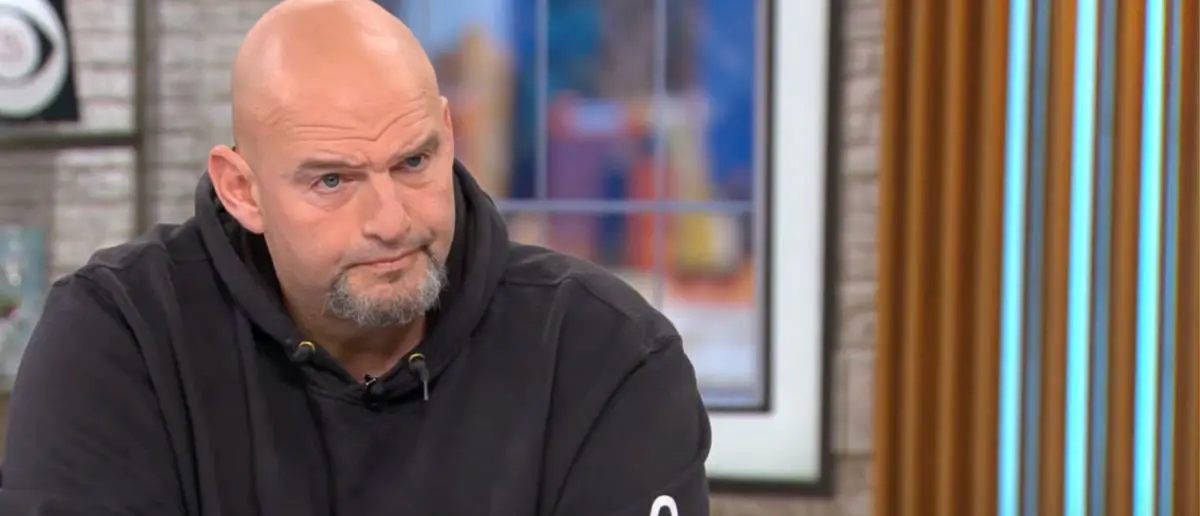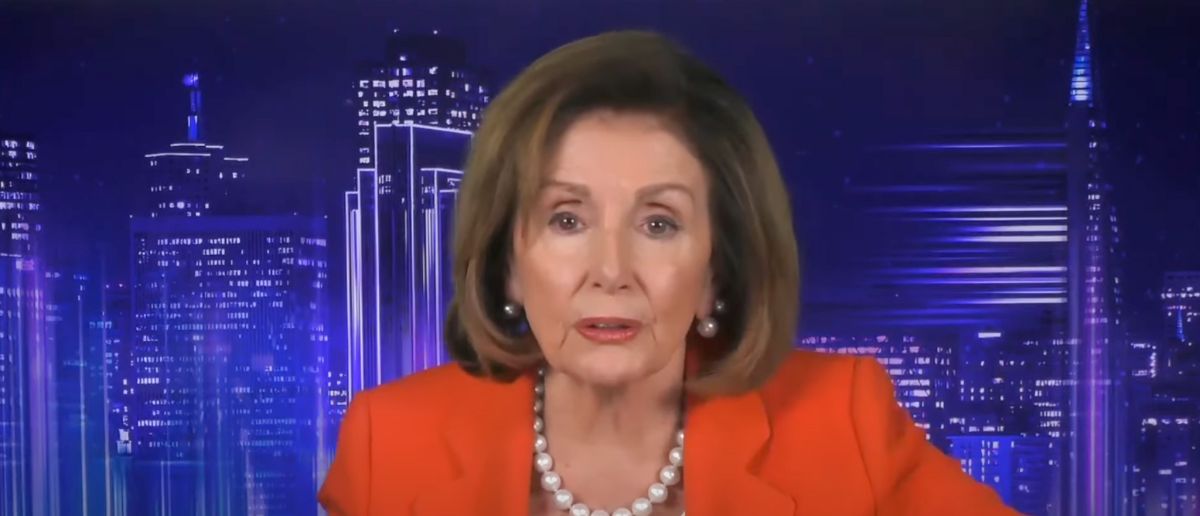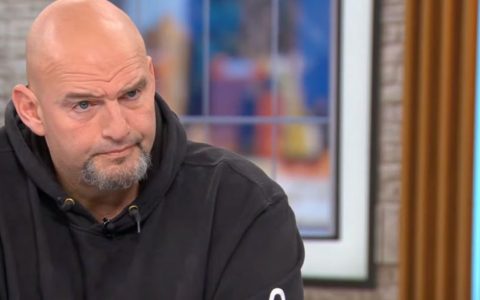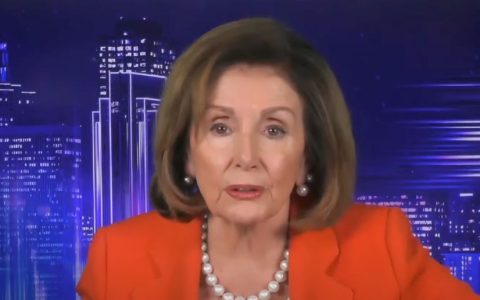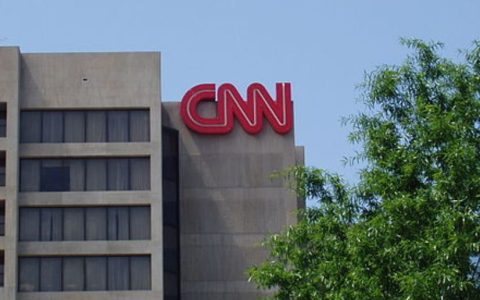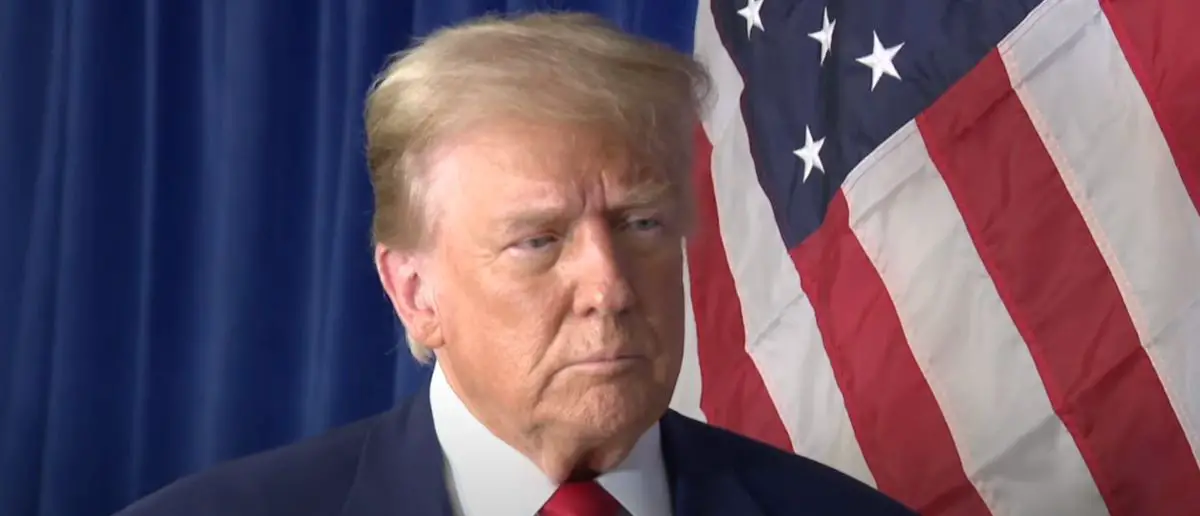
Trump is still relishing in his victory. But his first real test could come quicker than he thought.
And now Donald Trump got hit with a nuclear threat from this foreign enemy.
The head of the United Nations’ nuclear watchdog issued a stark warning this week, signaling that time is running out for diplomatic solutions to halt Iran’s nuclear advancement.
Rafael Grossi, director general of the International Atomic Energy Agency (IAEA), shared his concerns in an interview with AFP at the COP29 climate summit in Baku.
“The Iranian administration must understand that the international situation is becoming increasingly tense and that the margins to maneuver are beginning to shrink,” Grossi cautioned. “It is imperative to find ways to reach diplomatic solutions.”
Grossi’s comments came just before his planned “high-level” meetings in Tehran, where he will hold “technical discussions” with Iranian officials.
These discussions focus on Iran’s commitments from a March 2023 Joint Statement, which requires Tehran to adhere to specific IAEA safeguard parameters. On Wednesday, Grossi touched down in Tehran and was greeted by Behrouz Kamalvandi, spokesperson for Iran’s atomic energy agency.
Ahead of his trip, Grossi had emphasized the critical nature of this meeting, saying in a Sunday statement, “It is essential that we make substantive progress in the implementation of the Joint Statement agreed with Iran in March 2023. My visit to Tehran will be very important in that regard.”
While the IAEA is authorized to inspect nuclear sites under its safeguards mandate, Grossi pointed out, “We need to see more.” With Iran’s nuclear ambitions expanding, he added, “We need to find ways of giving the agency more visibility.”
Concerns over Iran’s nuclear program have surged since the U.S. exited the Joint Comprehensive Plan of Action (JCPOA), also known as the Iran Nuclear Agreement, in May 2018.
Despite IAEA’s assurances that Iran had complied with the deal, the Trump administration withdrew, with then-President Trump calling it a “terrible deal.”
Iran responded by claiming it was no longer bound by the agreement, though the other co-signatories urged Tehran to remain committed. By 2022, however, even Moscow stopped its diplomatic pressure following its invasion of Ukraine and rising tensions with the West.
Grossi’s visit occurs against a backdrop of heightened tension, with President-elect Trump soon to return to office.
His administration is expected to adopt a tougher stance on Iran. During Trump’s first term, he argued that the nuclear deal brokered by former Secretary of State John Kerry was deeply flawed, and he unilaterally pulled the U.S. out of it.
Meanwhile, Grossi plans to push Iran for greater transparency on its nuclear activities and an explanation regarding traces of uranium found at undeclared sites.
He has warned for months that Iran’s nuclear program has largely operated unchecked since its JCPOA commitments ceased.
The country has amassed high-enriched uranium nearing the 90% purity required for weapons-grade material, raising alarms across the globe.
Behnam Ben Taleblu, an Iran specialist and senior fellow at the Foundation for Defense of Democracies, argues that the best approach now is moving past diplomatic ambitions to revive the nuclear deal and instead relying on Cold War-era deterrence tactics.
“The irreversible and knowledge-based nuclear gains Tehran has made under Biden’s policy of maximum deference are what actually have shut the window for anything meaningful, even if only transactional with Tehran,” he told Fox News Digital.
“The incoming Trump administration will be faced with an increasingly risk-tolerant Islamic Republic that is either on the nuclear threshold and keen to exploit this status or one that will have weaponized. Deterring and confronting such a regime will require pushing past Washington’s obsession with a deal and embracing other tools of national power.”
Despite the complexities and high stakes of this geopolitical moment — especially with the West unified against Russia and Iran amid conflicts in Ukraine and between Israel and Tehran-backed proxies — Grossi remains confident about working with a second Trump administration.
“I already worked with the first Trump administration, and we worked well together,” he told AFP.
Stay tuned to the DC Daily Journal.

